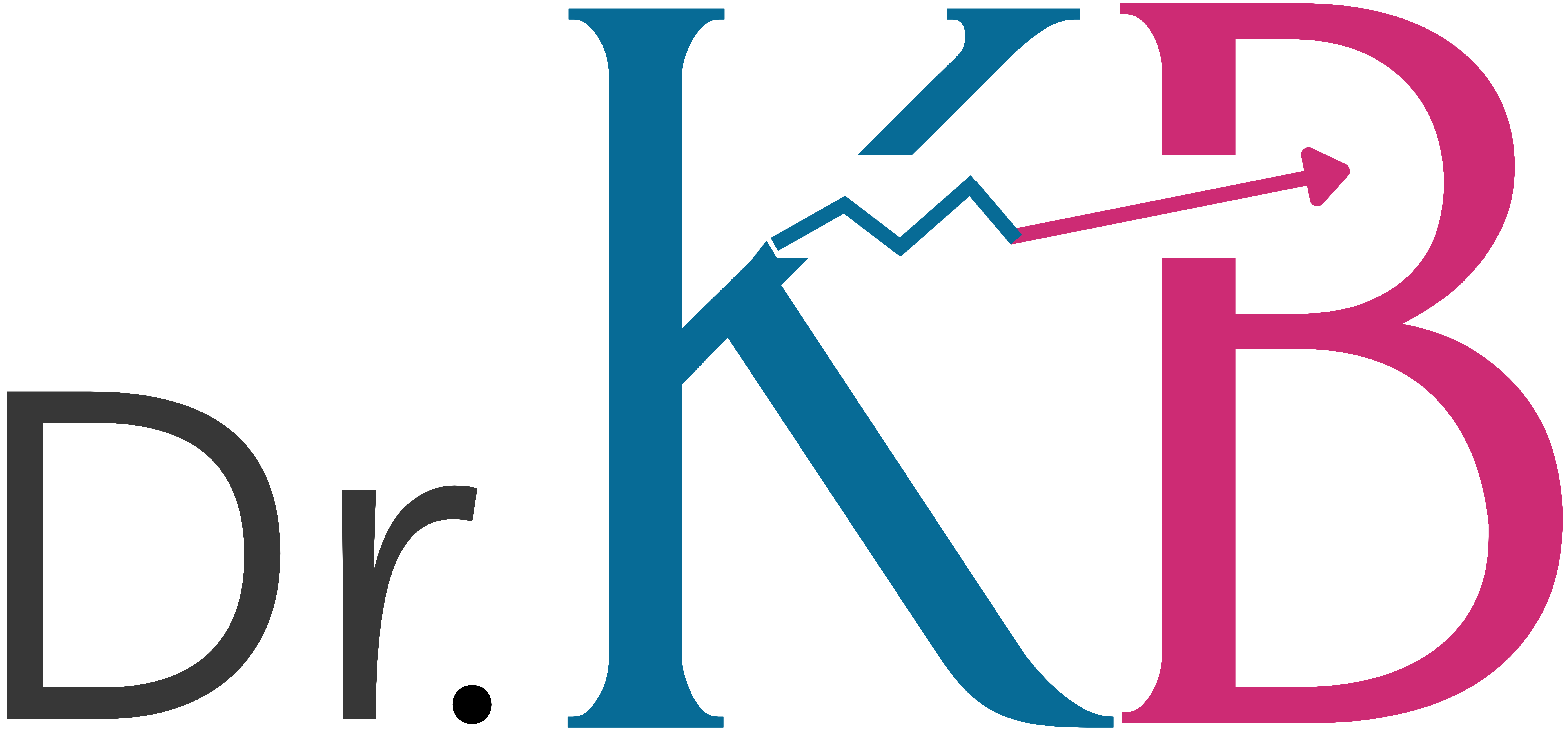Non-Clinical Career Spotlight: Clinical Documentation Integrity (CDI)
/ Blog, Non-clinical Career Spotlights
What is CDI?
CDI is a component of revenue cycle management. In CDI, the goal is to ensure the patient’s medical record accurately reflects the medical diagnosis, treatment plan, and health status. The professionals in CDI work to improve documentation accuracy and completeness. Ultimately this can lead to improved patient outcomes, improved reimbursement, and reduced legal and financial risks for healthcare organizations.
Who are the employers*?
There are three main types of organizations where physicians can work in CDI.
- Hospital or healthcare systems.
- Clinical documentation integrity service providers (examples: Nuance, 3M, Accuity, Faircode). Some of these are software companies that provide the software to enhance clinical documentation.
- Revenue cycle contract management organizations (examples: Guidehouse, Athenahealth, R1CM).
What are the physician roles and what do they entail?
There are a couple of roles available to physicians.
1. CDI Physician Advisor or Medical Director.
Physicians provide the clinical expertise and strategy to CDI programs. They review patient medical records (in close collaboration with a clinical documentation specialist or other staff). The role may also involve educating practitioners on regulatory, coding, and reimbursement changes, providing feedback to clinical providers regarding documentation, and collaborating with the informatics team and medical staff to ensure best practices and efficient documentation.
2. CDI specialist.
This role can be occupied by non-physicians and physicians. CDI specialists review clinical documentation to ensure accurate reflection of the patient’s medical diagnosis and treatment plan. They will also provide education training on CDI principles.
What kind of physician is a good fit for the roles?
A role in CDI might be a good fit if you:
Are attentive to detail.
Enjoy being involved in Quality Improvement and providing high quality care.
Prefer 8:30am-5:00pm workdays. When you shut down the computer, you’re done for the day.
Prefer minimal to no weekend work and no nights.
Want to use your physician brain and keep up to date with medicine.
Required qualifications
Board certification and active medical license are required for physician roles.
5+ years of practice experience.
QI and/or UM experience is an advantage.
Do you need to get certified or take a course to land a job?
Certification is not required.
If you’re interested in a coding course or you want to become certified, check out these organizations:
The American Health Information Management Association AHIMA has resources for training and certification. Certified Coding Specialist- physician- based (CCS-P)
The American College of Physician Advisors is currently offering a 20% discount on the ABQAURP-HCQM board certification course.
The Association of Clinical Documentation Integrity Specialists (ACDIS) has free resources, educational offerings, paid courses, and certifications.
Typical compensation
The compensation varies depending on the employer, the role, Full Time, Part Time, or contractor work.
Clinical documentation specialist (no MD required): variable base salary range~$60-90K.
Physician advisor/medical director: variable base salary range ~$90K-$300K.
Next steps
If a career in CDI sounds interesting to you, consider one of these next steps for exploration:
- Connect with another physician who is working in CDI.
- Take a free course.
- Join a Quality Improvement or EHR committee at your workplace.
* Employer examples have not been vetted by Dr Karen Barnard LLC. They are listed for you to get an idea of the employers. Please do your own due diligence as you would for any prospective employer.

